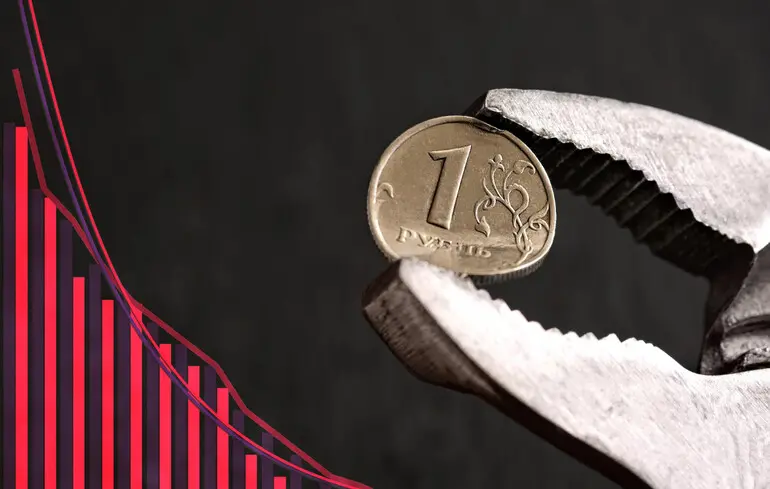EU Prepares New Sanctions Against Russia: Targeting Banks and Oil Sector

The European Union is actively considering the implementation of a broad new package of sanctions against Russia, aimed at significantly impacting its financial sector and energy infrastructure.
According to Bloomberg, this new round of measures plans to target at least six Russian banks, including energy companies from both the public and private sectors.
Another focus will be on payment systems and cryptocurrency exchanges that are being used by Russians to bypass sanctions and fund military operations.
Additionally, the EU intends to restrict supplies of oil products, tighten controls over the sale of chemicals and military-grade goods, and ban the export of critical technologies needed for Russia’s military industry.
These actions are part of a wider strategy to pressure President Putin and his government by deepening economic isolation and limiting Russia’s ability to sustain its ongoing war against Ukraine.
European leaders have already discussed coordinating certain measures with the United States, emphasizing a unified approach to sanctions enforcement.
A delegation from the EU is scheduled to meet with US colleagues this week in Washington to discuss joint steps to strengthen sanctions and impose new restrictions on Russia.
EU Finance Minister Scott Bessent declared that the bloc is ready to escalate pressure on Russia but called on partner countries in the region to follow suit for maximum effect.
Meanwhile, US President Donald Trump has so far refrained from imposing new sanctions but has responded with increased tariffs on Russian energy imports, including a 50% tariff on Russian oil.
The proposed new sanctions package will likely include measures targeting Russian oil tankers associated with shady operations, as well as a ban on exporting advanced technology related to military production.
The plan also involves intensifying efforts to clamp down on illicit trade, such as imposing bans on reinsurance for oil tankers and tightening sanctions against prominent energy sector leaders like Rosneft and Lukoil.
For the first time, the EU is considering deploying its “countermeasure tool” against Kazakhstan, aiming to prevent the import of certain machinery that, according to trade data, is diverted to Russia for military use.
These measures will require broad support from EU member states and are subject to potential modifications during consultations.
The official announcement of the final sanctions package is expected in the coming days, representing a decisive step in increasing pressure on Russia and seeking diplomatic solutions to end the conflict.

